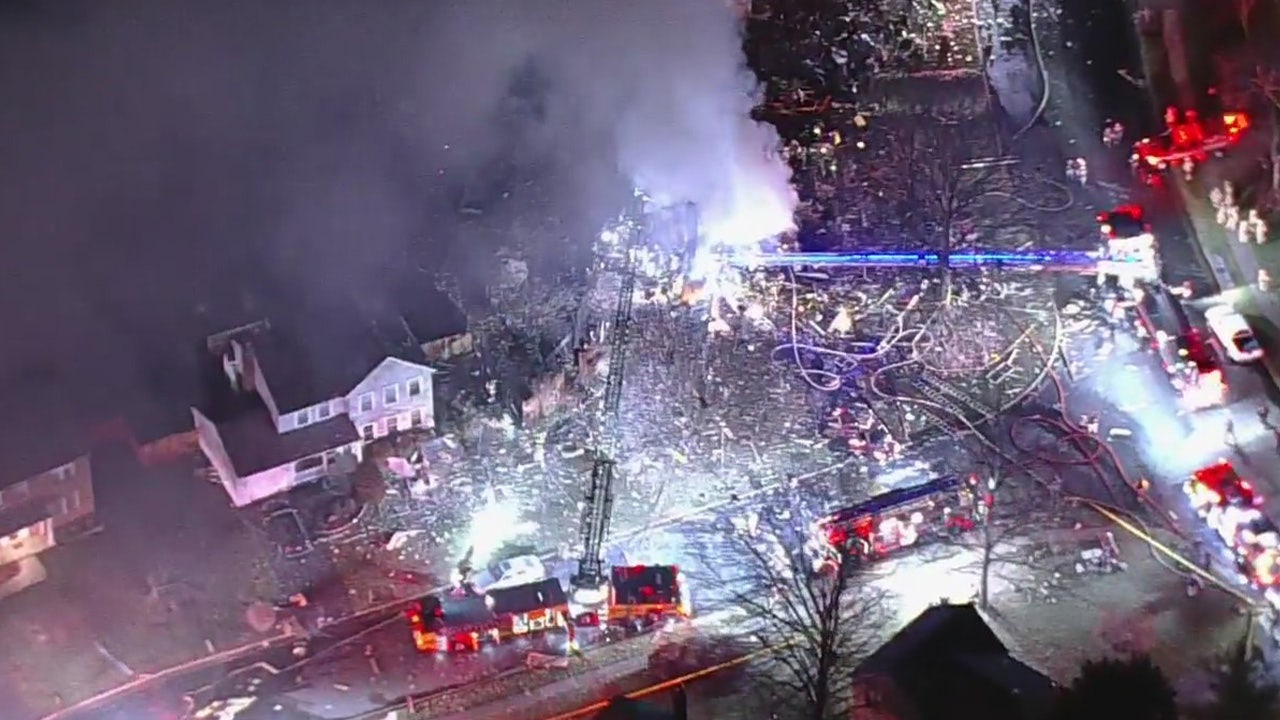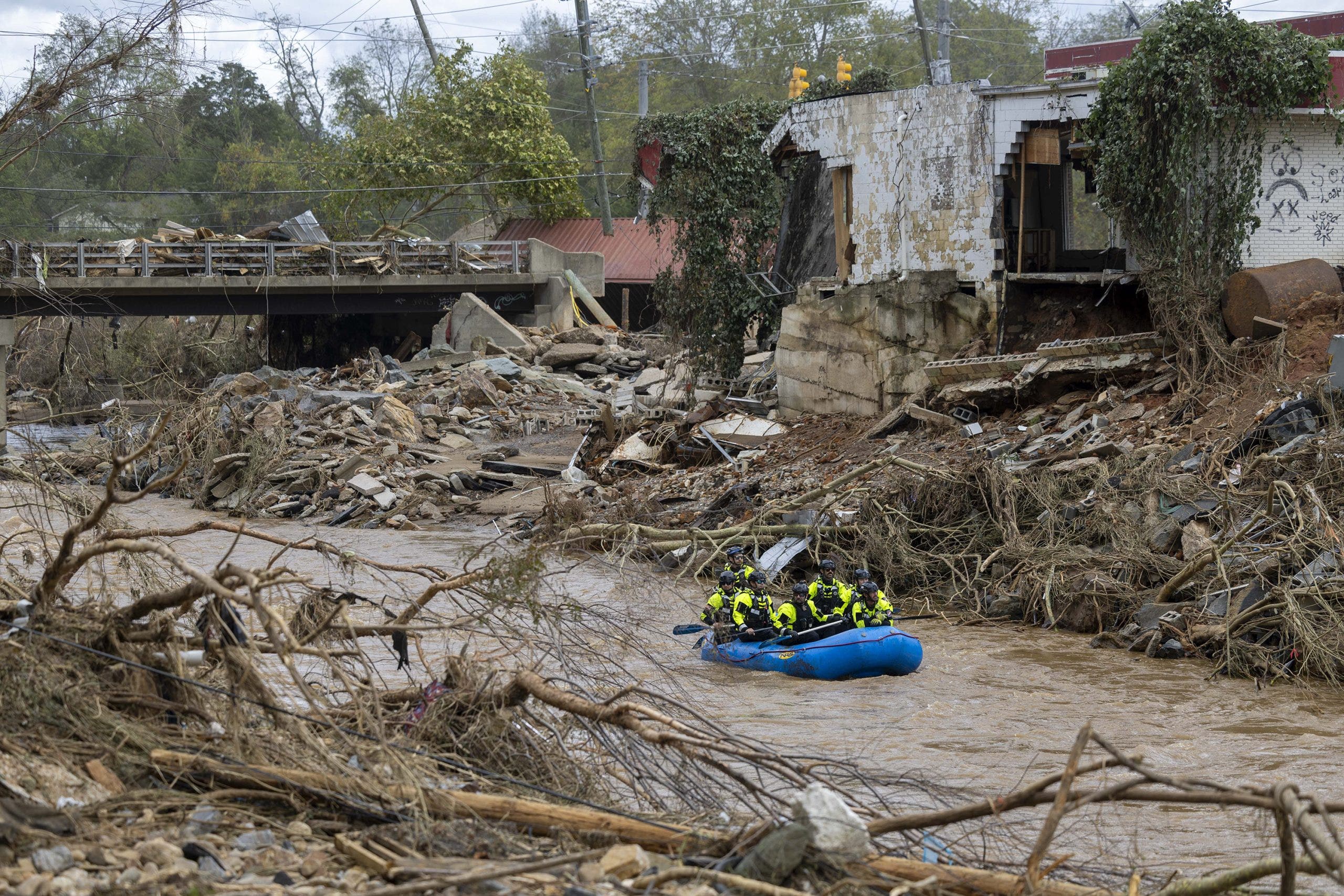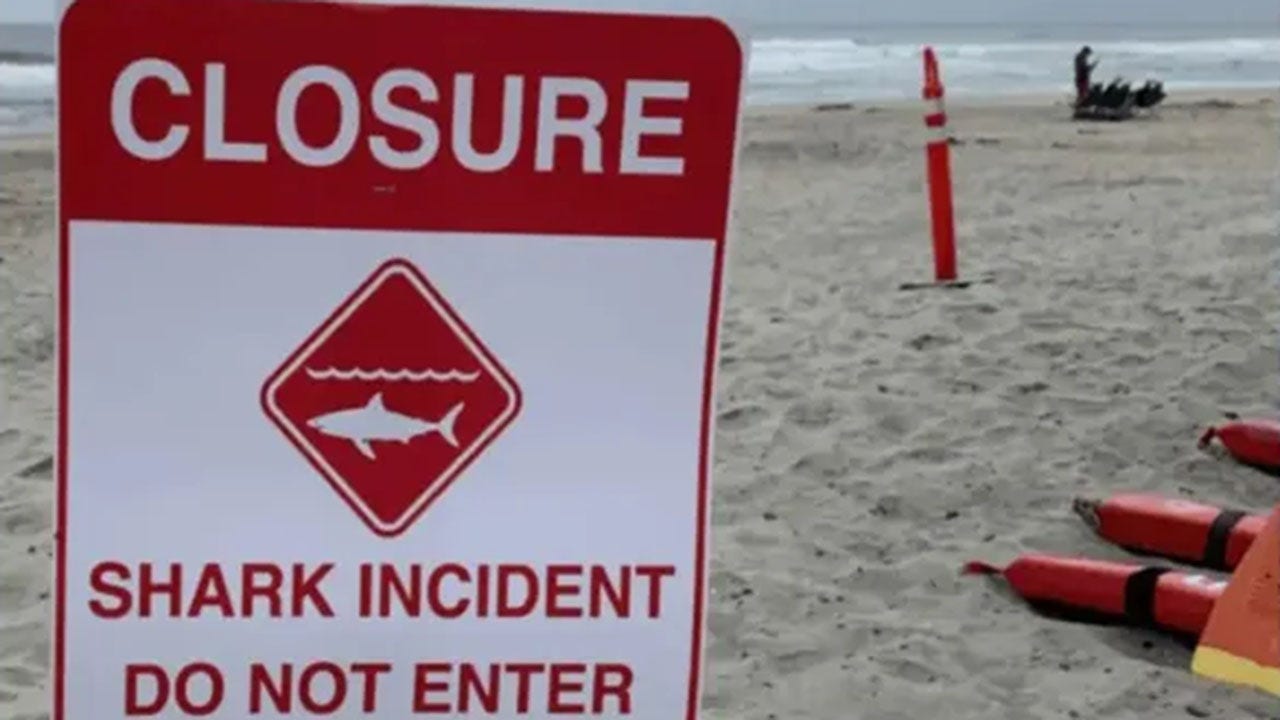Don’t take it personally, but I don’t want to go to your protest. This isn’t a commentary about your particular movement or about the anti-Israel rallies this past academic year. I don’t care how foolish or noble the cause. When it comes to gathering in large groups and yelling, you can count me out.
I did try it once. My first and last protest was freshman year of college when some women I liked were organizing a pro-choice rally. The cause was solid, it seemed like a decent way to solidify the friendships and I enjoy using magic markers.
But standing on the campus green of our overwhelmingly liberal university brandishing a broken hanger struck me as not only futile but ridiculous. The only mind that was changed by that protest was mine — about participating in protests. After 40 minutes or so, I left to go to the bathroom. Later, I signed up to escort patients at a local abortion clinic. There are better ways, I realized, to effect change.
Temperamentally, I just wasn’t up to it. It’s not only that I don’t like standing outdoors in the sun for long periods or that I always need to pee. But I’d rather read about strikers in “Germinal” than march on a picket line.
My full gratitude then, to The New York Times for giving me a get-out-of-jail-free card by forbidding your journalists from participating in political protests while encouraging us to report on them.
I’ve never been much of a tribalist or a joiner, and have no use for conformity of thought or dress. Unless it’s Halloween or a costume party, I don’t like playing dress-up. Nor do I want to be part of a group where people might think I accidentally left my pussy hat at home. When I see a bunch of white kids wearing kaffiyehs I can’t help wonder whatever happened to the whole anti-cultural appropriation thing.
When someone drones on about “solidarity,” all I hear is, “Get in line.” When there’s no room for dissent from the dissent, there’s no room for me.
Color me an anti-fan of performative politics, particularly if it means I’d be part of the show that features bigots posing as bleeding hearts.
Plus, all that earnestness! It brings out my ironic and impish side, inclined to correct typos on signage or foment some kind of peripheral debate. Every time someone at one of those encampments cried out “Free Palestine” I’d be tempted to yell “From Hamas!” I’d surely get kicked out of the group that wants to kick other people out. They don’t want troublemakers.
Protests are about operating in unison and I find that creepy. Back in the early 90s, I visited college friends in Washington, D.C. It happened to be the Fourth of July and so we headed to the National Mall to celebrate. I was stunned to find people passionately yelling en masse, “U.S.A.! U.S.A.!” What, I wondered, was the alternative? Who’s the other team?
I realize we live in a country born of protest and my attitude may seem vaguely un-American. Watching the rabble-rousers on HBO’s “John Adams” during Covid lockdown, my first grumbly thought was, “Stop whining and pay your taxes!” Reading about the Whiskey Rebellion made me think of drunken MAGA types sloganeering at a Trump rally about the glory of firearms. (I do make a sentimental exception for revolutions set to music, especially when French.)
Speaking of history, I can’t say I’d relish hollering alongside people who’ve only studied it on TikTok. But those of us who read about it in, say, books usually come to understand that even factual history is complicated, nuanced and full of boring and endless repetition.
Protests, those books remind us, can end poorly. In 2020, when people were posting black squares on Instagram to show their antiracist cred, I insisted that we watch “To Live” for family movie night. Zhang Yimou’s depiction of the Cultural Revolution provides a terrifying warning to those who think offering children a bullhorn is a good idea.
Still, plenty of Boomers view protest through a nostalgic filter. Sure, there was some passionate shouting on the quad about wiping out Jews, they’ll say, but even the righteous antiwar movement had its Hanoi Janes and the Weather Underground. Is painting a Hamas symbol on a Jews’s door worse than settler-colonial oppression?
But no matter the context and whether it comes from the right or the left, antisemitism is a bad look.
Maybe the protesters could use a moment of peace and reflection. A chance to take a deep breath and open their minds. Picture, if you will, a meditative room filled with floor pillows, breathwork exercises and a small but well-curated bookshelf in the corner.
Perhaps now that we’ve gathered here all kumbaya-like, we can even offer a word for the people who look at the bawlers, the get-ups, the outrage and the zealotry and say to themselves, “No, thank you.” Here’s to the people who doth protest not.






